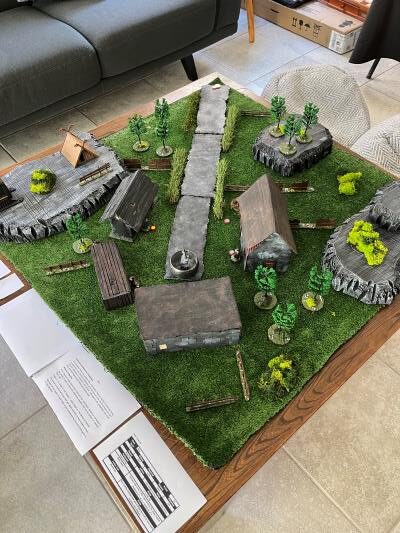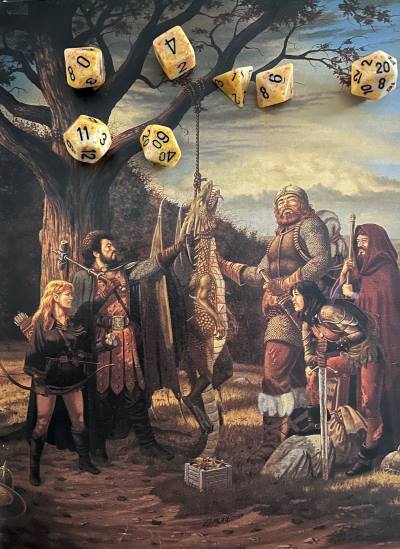Happy New Year!!
Another year gone. I cant believe I’ve been writing this blog for over a year and a half. What a journey. Explored some great concepts and I’ve found that I’m really firming up my thinking on using D&D and other rpgs to gain experiential leadership learning. I’ve also met with some amazing people and had thoroughly enjoyable conversations. Good times! This retrospective showcases a few highlights from 2024.
Is it hard to be a dungeon master? One of my most popular posts where I discuss the challenges of DMing as well as providing some tips to get you started. Given the popularity of this article I’m wondering whether a series of DM tips and tricks might not be a good idea for 2025. Watch this space.

One of the great things about writing around leadership and D&D is designing and playing games that explore these concepts. I designed and ran the Echoes of Xenos event for a group of friends. I took elements of D&D, megagames and miniature wargames to encourage emergent play. Did everyone have fun? Yes. Did it work as planned? Not quite. But I’m taking the learnings and designing a similar event that I will be writing more about soon. I’ll also be designing and playing more games this coming year.

Another popular post was my take on Larry Elmore’s painting Dragon Slayers and Proud of It. This shows a low level party of adventurers showing off their latest victory. I related it back to celebrating the little wins. Advice that I still need to heed from time to time. It was really fun to explore such an iconic piece of art.
Another fun aspect of this adventure was being invited onto a couple of podcasts to talk about my journey so far. If you want to hear me talk about these topics, my hobby origin story and the campaigns I run listen here:
Finally, 2024 has been a good year for Dungeons and Dragons at Work. But it wouldn’t be possible without people reading it. So thank you to all who stop by and have a read. I hope you are enjoying the content. Feel free to drop suggestions or feedback in the comments below.
Happy New Year and wishing you all a fantastic 2025!
Normal service will resume next week.


